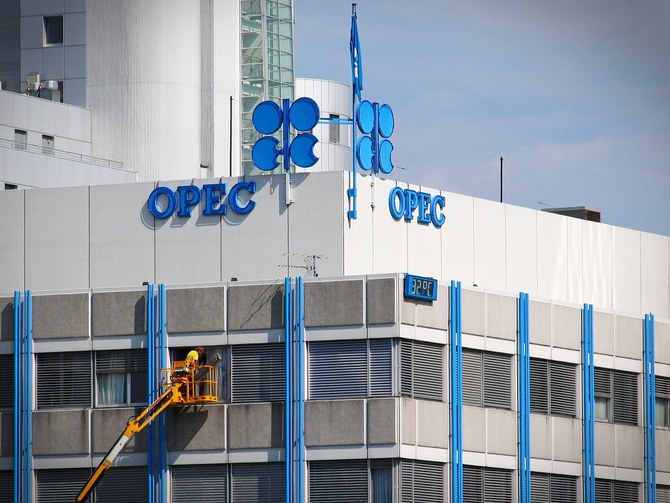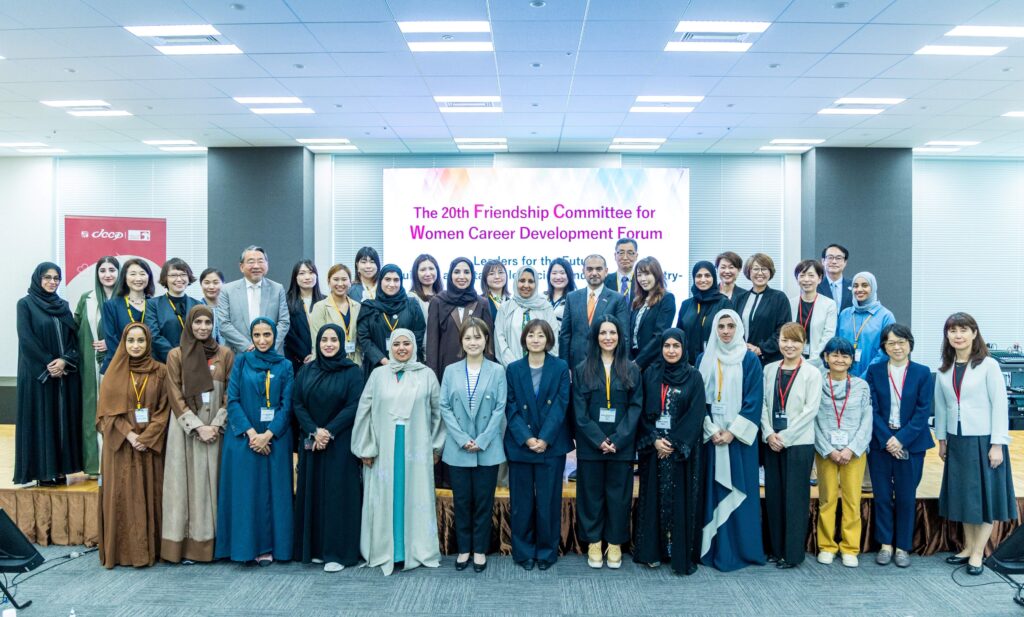DUBAI: Last week’s meeting of OPEC+ was the most important since the event in April which repaired divisions within the oil producers’ alliance and set the stage for recovery in global crude markets.
Under the terms of the spring agreement, OPEC+ was due to put an extra 2 million barrels per day back onto global markets from next month.
But there was disagreement within the ranks as to the effect such a surge in supply would have in a still-fragile world economy, where energy demand continuing to feel the effects of the pandemic.
Saudi Arabia, the biggest exporter in OPEC+, wanted to wait and see how the global economy performed in the first part of the year, especially in light of the vaccines now becoming available.
Russia, whose relationship with the Kingdom has been the stabilizing influence in OPEC+, was also wary of global economic conditions, but its private oil companies were keen to earn precious revenue from increased oil supply.
The UAE, traditionally a stalwart ally of Saudi Arabia in OPEC matters but with its own energy strategy increasingly coming to the fore, let it be known that it was not enthusiastic on a plan that postponed supply increases for any great length of time.
After a week of intense negotiations, all 23 members of the alliance agreed on a phased deal that would put 500,000 barrels back on the market from next month, with similar increments following on a monthly basis, subject to regular meetings of the OPEC+ ministerial committee – under the chairmanship of Saudi energy minister Prince Abdulaziz Bin Salman – that monitors the minutiae of global oil markets.
After weeks of uncertainty, oil markets reacted positively to the new deal, with Brent nearing $50 a barrel – its highest level since March.
Arab News asked the opinion of six of the leading experts in the oil business what they thought of the outcome of the OPEC+ deliberations, and the effect it would have on global oil markets in 2021.
Bassam Fattouh – Director of the Oxford Institute for Energy Studies:
“In a very uncertain environment, it is important for OPEC+ to retain flexibility. The OPEC+ agreement, which extends to April 2022, provides sufficient clarity to the market while allowing for adjustment if market conditions dictate.”
Daniel Yergin – Pullitzer Prize-winning historian of the oil industry:
“The oil price has been stuck in what we can call ‘virus alley,’ as the price has been pulled between Vaccine Optimism and Virus Pessimism. Now the imminence of the vaccines points to a way out of virus alley, and that has been reflected in a strengthening price. At the same time, the resurgence of the virus in this powerful second wave is leading to shutdowns and weakening demand. So the exporters confronted a short-term problem and a medium-term opportunity. Inevitably, different countries saw the balance differently. At the end of the day, however, they needed a compromise. No one wanted to risk a return to last spring, no one could afford it. The outcome is a reasonable compromise that enables the exporters step by step to test the market as it makes it begins to find its way out of virus alley.
Robin Mills – CEO, Qamar Energy:
“The plan to make modest month increases in production makes sense. It doesn’t overwhelm the market, gradually regains some market share, and can be adjusted depending on progress in vaccines and other economic factors. It is a sensible compromise for Saudi Arabia, Russia and the UAE, which was putting forward what has been the Saudi position for months.”
Ellen Wald – Author of Saudi Inc and President of Transversal Consulting:
“The outcome of this week’s OPEC and OPEC+ meetings wasn’t what the market expected, but the 500,000 bpd production increase per month is such a small component of overall production that oil prices didn’t move much on this news. OPEC+’s failure to set a six-month policy and decision to move to a monthly ministerial meeting schedule indicates that the group has fully embraced a reactive role in which it adjusts, or, as Saudi oil minister Abdulaziz bin Salman said, “tweaks” production to fit market conditions, rather than proactively setting policy for six or twelve months.”
Christyan Malek – Managing Director at JP Morgan Chase:
“We think that they (OPEC+) come out as massive winners and that their entire strategy is predicated on muting shale. In our view, OPEC will take a more active role in short-term supply management. While its primary focus will be to help draw down global inventories, we expect the group to seek to deter incremental shale oil growth and long-cycle capital expenditure in non-OPEC and non-US.”
Christof Ruehl – Senior Research Scholar at the Center on Global Energy Policy at Columbia University:
“The enforcement of discipline or the bickering about quotas are neither new nor newly important. The extension of production capacity among low-cost producers, the threat of price wars, the whole struggle for control over global spare capacity that is OPEC+, these are harbingers of bigger things to come. They announce a time when low-cost producers will no longer be able to increase revenues by cutting production, but will have to compete on price and for volume. The pandemic is giving us a sneak preview of what peak oil really means for OPEC+”.






















